When applying for a UK visa or immigrating to the UK with your spouse, it's essential to ensure that your marriage certificate is recognized and valid within the UK. This involves obtaining an accurate English translation from a government-approved translator recognized by bodies like the Chartered Institute of Linguists or the Association of Translation Companies. The translation must be accompanied by an apostille if your marriage took place in a country that's a member of the Hague Apostille Convention. It's vital to choose a professional translation service with expertise in immigration-related translations and familiarity with UK Home Office requirements, ensuring high standards of accuracy, confidentiality, and customer service. This meticulous approach guarantees that your marriage certificate translation UK will meet all legal and procedural expectations, paving the way for a smooth immigration process to the UK.
Navigating the complexities of immigration and visa applications can be daunting, particularly when language barriers are involved. A critical component in this process is ensuring that official documents, such as a marriage certificate, are accurately translated and recognized by UK authorities. This article demystifies the necessary steps for translating your marriage certificate to meet UK immigration requirements. We’ll explore the legal stipulations for document translation, identify accredited translators specializing in marriage certificates within the UK, and provide a comprehensive guide through the translation and legalization process. Additionally, we’ll highlight common errors to avoid and underscore the significance of certified translations in obtaining a spouse visa. With expert tips on selecting a trustworthy translation service, this article serves as an indispensable resource for anyone looking to ensure their marriage certificate translation UK meets the exacting standards set by the Home Office.
- Understanding the Importance of Marriage Certificate Translation for UK Immigration
- The Legal Requirements for Marriage Document Translation in Visa Applications
- Identifying Accredited Translators for Marriage Certificates in the UK
- Step-by-Step Guide to Marriage Certificate Translation and Legalisation
- Common Pitfalls to Avoid When Translating Your Marriage Certificate for UK Immigration
- The Role of Certified Translations in Securing a Spouse Visa in the UK
- How to Ensure Your Marriage Certificate Translation Meets Home Office Standards
- Navigating Language Differences: What You Need to Know About Marriage Certificate Translation
- The Process of Having Your Marriage Certificate Recognized by UK Authorities
- Tips for Choosing a Reliable and Professional Translation Service in the UK for Immigration Purposes
Understanding the Importance of Marriage Certificate Translation for UK Immigration

When applying for a UK visa or immigration status, presenting official documents in their original language, along with a certified English translation, is paramount. A marriage certificate is no exception to this rule. For individuals whose matrimonial document was issued in a non-English speaking country, translating the marriage certificate into English becomes an essential step in the UK immigration process. The Home Office requires that all translated documents are accurate and done by a professional translator who is accredited and recognized by the relevant authorities. This ensures the integrity of the information and facilitates a smoother application evaluation.
The translation must not only convey the content of the original document accurately but also comply with the UK’s legal requirements for official documentation. A certified translation of a marriage certificate for UK immigration purposes means that the translator has provided a true and exact representation of the original text, along with a statement of accuracy, and the translation is accompanied by their professional credentials. This level of verification is crucial as it verifies the authenticity of the marriage, which is a critical aspect of family-based visa applications and settling in the UK with dependents. Ensuring that the translation meets these standards avoids potential delays or rejections due to document discrepancies, thereby supporting a successful immigration outcome.
The Legal Requirements for Marriage Document Translation in Visa Applications
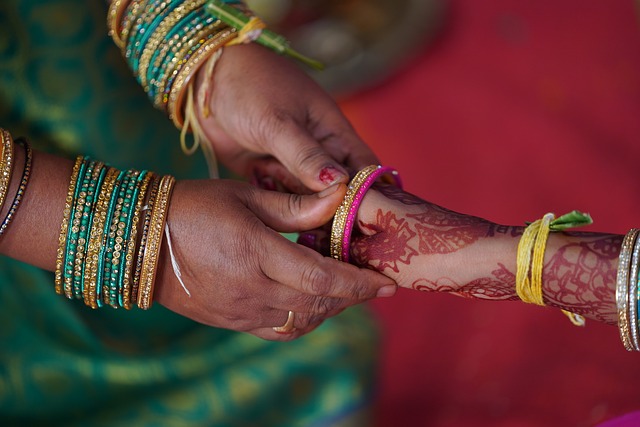
When applying for a visa that involves marriage, applicants in the UK must ensure that their marriage certificate is accurately represented in the language of the destination country. The legal requirements for translation are stringent and require professionalism to maintain the validity of the document. A certified translator, often accredited by relevant authorities, must translate the marriage certificate into the appropriate language, adhering to both UK and foreign legal standards. This is not a process to be undertaken lightly; it necessitates a deep understanding of both languages and legal terminologies involved in marital documentation. The translation must be faithful to the original document, capturing every nuance and detail without alteration or omission. For those whose marriage certificates are issued in the UK but require translation for visa applications abroad, particularly in countries like Australia, Canada, or the United States, the stakes are high. Any discrepancies can lead to delays or denials of visa applications. Therefore, it is imperative to engage with a reputable translation service specializing in legal documents to ensure accuracy and compliance with immigration regulations. This meticulous approach guarantees that the translated marriage certificate will be accepted by foreign authorities and contribute to the successful processing of the visa application.
Identifying Accredited Translators for Marriage Certificates in the UK
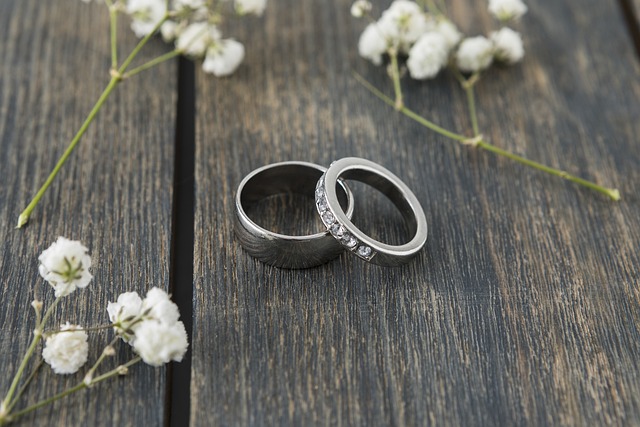
When embarking on the process of immigration or visa applications in the UK, translations of key documents, including marriage certificates, become a pivotal component of the application. It is imperative that these translations are executed by professionals who are not only fluent in both languages but also recognized by the UK authorities. The Home Office specifies that translations must be carried out by a professional translator who is a member of a relevant and accredited body, such as the Institute of Translation and Interpreting (ITI) or the Chartered Institute of Linguists (CIOL). These bodies ensure high standards of translation accuracy and quality, which are crucial for official documents like marriage certificates. Engaging an unqualified translator can lead to delays or even rejection of your application, as the accuracy of translations is taken very seriously by UK immigration authorities. Thus, individuals must identify a certified translator with expertise in both languages involved and a solid track record with the UK legal system. This guarantees that the translation of your marriage certificate will meet all legal requirements and support your visa or immigration application effectively.
Step-by-Step Guide to Marriage Certificate Translation and Legalisation

When embarking on immigration or visa applications within the UK, a marriage certificate that is translated and legalised can be an integral component of your documentation. The process begins with selecting a reputable translation service specialising in marriage certificate translation UK. This service should be accredited and proficient in translating certificates into the required language, ensuring accuracy and compliance with UK legal standards. The translator must be a certified member of a relevant association, such as the Institute of Translation and Interpreting (ITI) or the Chartered Institute of Linguists (CIOL).
Once you have engaged a qualified translator, the next step is to have your translated marriage certificate legalised. This involves obtaining an apostille from the UK’s Foreign, Commonwealth & Development Office (FCDO), if the country of intended use is part of the Hague Apostille Convention. For countries not under the Apostille Convention, the document must be authenticated by a Home Office-approved legalisation service. This process confirms the authenticity of the translation and ensures that it meets the immigration authorities’ stringent requirements, facilitating a smoother entry into the UK for you and your spouse.
Common Pitfalls to Avoid When Translating Your Marriage Certificate for UK Immigration

When applying for a UK visa or immigration status based on marriage, accurate and certified translations of your marriage certificate are paramount. The UK Home Office expects documentation to be precise and legally binding, which means relying on professional translation services is often necessary. A common pitfall is choosing a translator who is not officially recognized by the UK authorities. To avoid this, ensure that the translation agency you select is accredited and has experience with official documents for immigration purposes. Additionally, some applicants may attempt to translate the document themselves or use online translation tools, which can lead to errors and discrepancies. These mistakes can delay your application process or even lead to its rejection. It’s crucial to opt for certified translations that include a statement of accuracy, signed and stamped by the translator, which aligns with the UK’s legal requirements. This ensures that your marriage certificate translation for UK immigration is both accurate and acceptable to the Home Office, facilitating a smoother process for your application.
The Role of Certified Translations in Securing a Spouse Visa in the UK
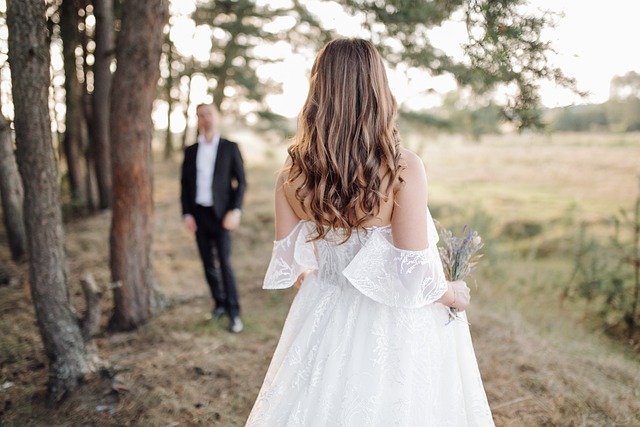
When applying for a Spouse Visa in the UK, applicants must present a marriage certificate that is accurately translated into English if it was originally issued in another language. The UK Home Office requires that all foreign documents are accompanied by certified translations to ensure clarity and compliance with immigration regulations. A certified translation serves as an official version of the original document, attested to by a qualified translator who confirms its accuracy and authenticity. This process is not optional; it is a critical component of the application as it proves the legitimacy of the marital union and the applicant’s identity. The translation must be precise, capturing all nuances and details present in the original certificate, including names, dates, places, and any official stamps or seals. Utilizing professional translation services that specialize in ‘marriage certificate translation UK’ ensures that the translations meet the exacting standards required by the UK Home Office. This meticulous attention to detail is pivotal, as any discrepancies or oversights in the translation could lead to delays or denials of the visa application. Thus, applicants should prioritize obtaining a certified translation of their marriage certificate from a reputable provider when embarking on the process of securing a Spouse Visa in the UK.
How to Ensure Your Marriage Certificate Translation Meets Home Office Standards
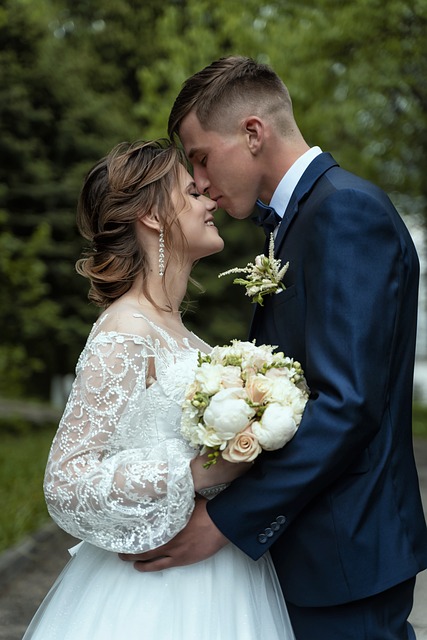
When navigating the process of immigration and visa applications in the UK, presenting a marriage certificate that has been accurately translated is paramount. The Home Office maintains stringent standards for document translations to ensure clarity and authenticity. Applicants must engage certified translators who specialize in marriage certificate translation UK to avoid delays or complications in their application process. These professionals are well-versed in the necessary protocols and can provide translations that meet the Home Office’s requirements, which typically involve a certified translator signing, stamping, or embedding a statement of accuracy into the translated document, confirming its reliability and adherence to UK legal standards. Additionally, the translation should bear a date, the full name and contact details of the translator, and if necessary, an apostille or similar certification that verifies the translator’s qualifications and the translation’s authenticity. To comply with these regulations, it is advisable to work with translation services that have prior experience with Home Office applications to ensure your marriage certificate translation UK aligns with their expectations and facilitates a smoother immigration process.
Navigating Language Differences: What You Need to Know About Marriage Certificate Translation
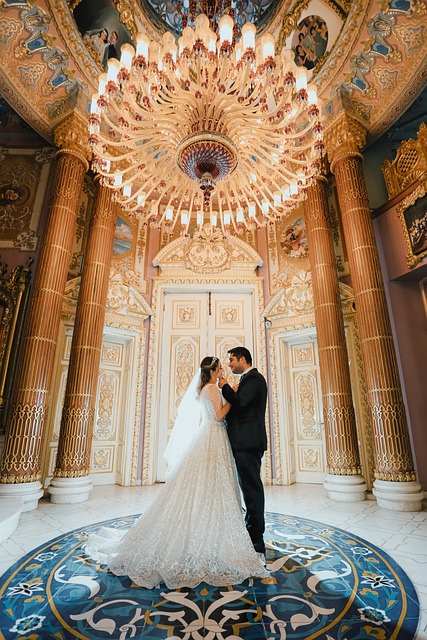
When applying for immigration or visa processes, individuals often encounter the necessity to present a marriage certificate that is recognized by the destination country’s authorities. In the UK, this requirement underscores the importance of having official documents accurately translated into English. Marriage certificate translation in the UK is not merely a formality; it’s a critical step to ensure that your marital status is legally acknowledged. The translation must be conducted by a professional translator who is accredited and recognized by the UK authorities, as the accuracy of the document can influence the outcome of immigration applications. These professionals are adept at navigating language nuances and legal requirements, providing translations that are both precise and compliant with UK regulations. Additionally, the translated marriage certificate should carry an apostille or a similar certification to authenticate its legitimacy, especially when it’s being used for international purposes. This adds an additional layer of verification that UK immigration authorities will recognize, facilitating a smoother process for applicants and their families. Prospective immigrants should engage with reputable translation services that specialize in legal document translations to avoid any potential complications or delays in their application proceedings.
The Process of Having Your Marriage Certificate Recognized by UK Authorities

When couples intend to relocate to the UK with their spouse or partner, one of the crucial steps is ensuring that the marriage certificate is recognized by the British authorities. This process is essential for immigration and visa applications as it validates the legal union necessary for family reunification within the UK. The recognition of a foreign marriage certificate in the UK typically involves a two-part procedure. Firstly, the document must be translated into English by a professional translation service that is accredited by the UK’s government-approved list, such as the Chartered Institute of Linguists or the Association of Translation Companies. The translation must be accurate and certified, confirming that it is a true and complete translation of the original document. Following the translation, the translated marriage certificate along with the original must be legally authenticated or apostilled if the marriage was performed in a country that is signatory to the Hague Apostille Convention. This authentication confirms the validity of the signature, seal, or stamp on the document. Once both these steps are completed, the translated and authenticated marriage certificate can be submitted as part of the visa application process for the UK. It’s advisable to liaise with the relevant embassy or consulate of the UK in the country where the marriage took place to understand specific requirements and to avoid delays due to incorrect paperwork. By following this procedure, couples can ensure their marriage certificate is duly recognized by UK authorities for immigration purposes, facilitating their move to the UK as a married couple.
Tips for Choosing a Reliable and Professional Translation Service in the UK for Immigration Purposes
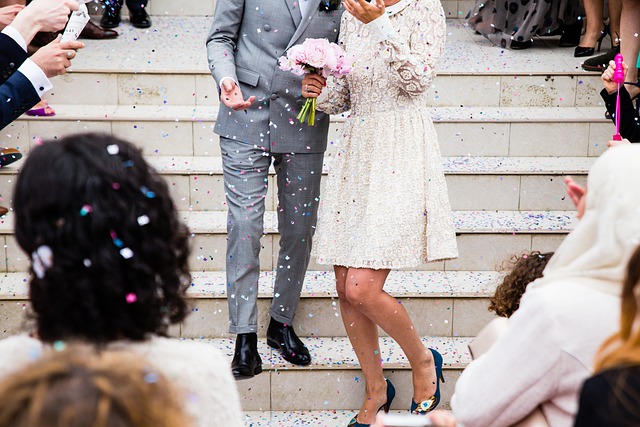
When embarking on the process of immigration to the UK, ensuring that all your documentation is accurately translated is paramount. A marriage certificate translation UK, for instance, must convey the precise details as they appear on the original document to avoid any complications with your application. To select a translation service that meets the highest standards of accuracy and professionalism, start by verifying their credentials. Opt for agencies that employ translators who are certified by the relevant regulatory bodies, such as the Institute of Translation and Interpreting (ITI) or the Chartered Institute of Linguists (CIOL). These certifications guarantee a certain level of expertise and adherence to industry best practices. Additionally, look for agencies with a proven track record in handling immigration-related translations, as they are likely to be familiar with the specific requirements of the UK Home Office.
Furthermore, scrutinize the language pairs offered by the translation service. A reliable service should be able to provide translations from and into multiple languages, particularly those commonly used within the UK’s immigrant communities. Check their client testimonials or reviews to gauge their reliability and customer satisfaction levels. Also, consider their confidentiality policies, as sensitive personal documents like a marriage certificate translation UK will require utmost privacy. Lastly, ensure that the service offers a clear communication channel for any inquiries or clarifications you may need during the process. A professional translation service will provide a swift response and maintain high-quality standards throughout your interaction with them, facilitating a smooth immigration journey.
When navigating the intricacies of immigration and visa applications within the UK, presenting a marriage certificate translated into English is an indispensable step. The article has elucidated the critical nature of this process, from the legal stipulations to the identification of accredited translators. It is imperative for applicants to grasp the importance of obtaining a precise and certified translation of their marriage certificate to comply with UK immigration standards. By following the outlined guide and avoiding common pitfalls, individuals can ensure their documentation is accurately represented, thereby facilitating their application process. Choosing a reliable and professional translation service that specializes in marriage certificate translation for UK purposes is paramount. With the right assistance, your path to joining your spouse or partner in the UK can be smoother and more certain.
